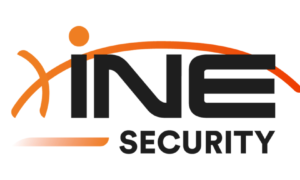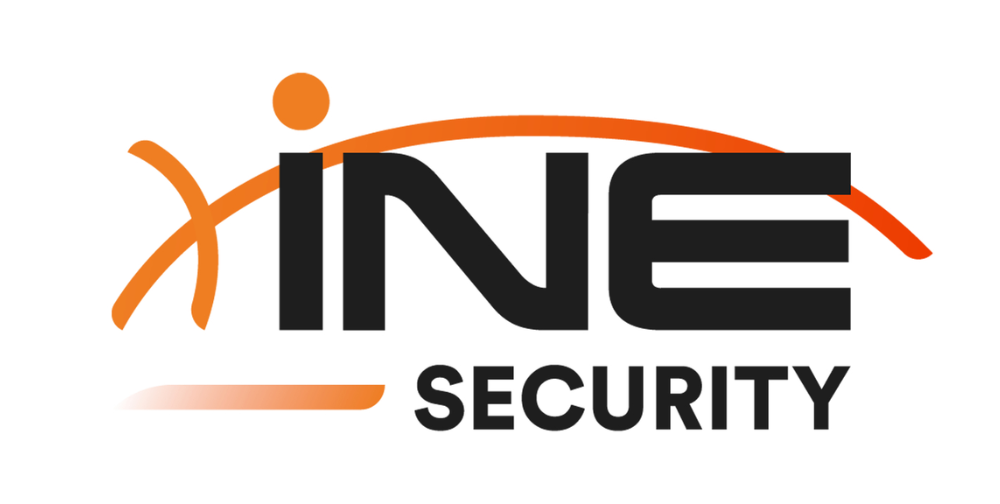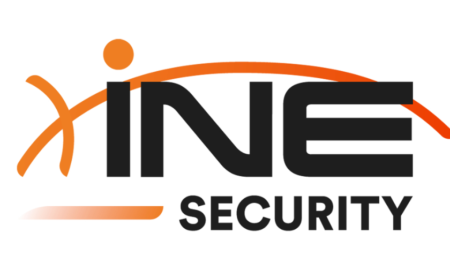The cybersecurity market is booming, and with everyone joining the race to cater to the digital world, securing clients has become harder than ever. However, designing an effective sales strategy can help you secure cybersecurity clients. This guide will equip you with the tools and strategy to stand out and attract the perfect cybersecurity clientele.
- Define Your Ideal Client:
Before diving headfirst into lead generation tactics, take a step back and define your ideal customer profile (ICP). This persona represents the companies you’re best suited to serve. Consider factors like:
- Industry:
Are you a vendor specializing in protecting specific industries like healthcare or finance? If so, stick to your specialty! Different institutions have unique needs and regulations, requiring tailored security solutions. By focusing on a particular industry segment, vendors can deepen their expertise and better serve their target customers. If you’ve decided your niche to be the healthcare sector and don’t know where to start. Here is a guide on selling cybersecurity solutions to the healthcare sector.
- Company Size:
Are you targeting small and medium-sized businesses (SMBs) or large enterprises? Unsurprisingly, cybersecurity looks different for both of these businesses.SMBs typically have fewer resources to dedicate to cybersecurity and may require simpler, more affordable solutions. Large enterprises, on the other hand, have more complex IT infrastructures and require more comprehensive security solutions that can scale to meet their needs.
- Security Needs:
Building on the points mentioned above, after defining your target industry and company size, it becomes imperative to understand the specific security needs of your ideal clients. The question to ask yourself is: Will you be able to keep up with the advanced requirements of the client? Clients vary in their cybersecurity preparedness. Vendors must assess a client’s security maturity to ensure their offerings align with the client’s needs. Overly complex solutions burden young security programs, while basic options leave mature clients exposed.
By outlining your ICP, you can tailor your lead generation efforts to resonate with the right audience, maximizing your return on investment.
- Acquiring Clients Through Social Media and Content Marketing:
Social media thrives on engaging content, and different platforms cater to various content styles. To succeed in social media content marketing, understand the platform before you create and share your content.
LinkedIn:
- Focus: Professionals and businesses
- Content: Share industry news, thought leadership articles, job postings, and company updates.
- Goal: Build connections, establish expertise, attract talent, and generate leads.
Instagram:
- Focus: Visual content (photos, short videos)
- Content: Eye-catching visual content, engaging content, behind-the-scenes glimpses.
- Goal: Awareness, promotion, and community building.
Twitter:
- Focus: Real-time updates, short-form content (text, images, videos)
- Content: Engaging questions, breaking news, quick updates, customer service.
- Goal: Drive conversation, build brand personality, and provide customer support.
YouTube:
- Focus: In-depth video content (tutorials, reviews, demonstrations)
- Content: Educational videos, product demos, customer testimonials, explainer videos.
- Goal: Educate customers, showcase products, and build trust and authority.
By understanding the platform’s audience and content style, you can tailor your message to connect with the right people and achieve your marketing goals.
After choosing your marketing platforms, the next step is to create engaging content. To become a thought leader you need to create high-quality, informative content for potential clients.
Creating Blog Posts:
Try to publish blog posts that address current cybersecurity threats, industry trends, and best practices about 2 to 3 times a week. Here are some tips to keep your blog posts engaging:
- Go beyond the headlines: Don’t just report on the latest cyberattacks. Analyze them, explain the technical aspects in simple terms, and offer actionable advice for your audience to protect themselves online.
- Create a Series: It’s always a good idea to start a series of posts that delve deeper into specific topics like password management, phishing scams, or cloud security best practices.
- Incorporate data and visuals: Bland posts are always a killer. So use engaging elements like statistics, case studies, and infographics to make your content more eye-catching and impactful.
Ebooks and Whitepapers:
These offer in-depth analysis of specific security topics or problems relevant to your ideal customers. Here are some tips to keep in mind when creating Ebooks and Whitepapers:
- Offer in-depth solutions: Ebooks and whitepapers are ideal for tackling complex security challenges. So use this opportunity to provide a comprehensive guide with actionable steps and best practices.
- Partner with industry experts: A great tactic is to collaborate with security researchers or industry leaders to add credibility and diverse perspectives to your whitepapers.
Case Studies:
Case studies are all about showcasing successful implementations of your solutions, and demonstrating the value you deliver. Here are some tips for creating impactful case studies:
- Quantify the impact: Go beyond just describing a successful implementation. Use data to showcase how your solutions helped clients improve security posture, reduce breaches, or save money. The key is to successfully show the ROI.
- Customer testimonials: Include quotes and success stories from satisfied clients to build trust and social proof.
- Networking, Networking and Networking:
Cybersecurity is a collaborative field, and strong relationships are the stepping stone to success. Attending conferences, connecting with people, and participating in online forums can help you get in front of key security decision-makers such as CISOs and more.
Conferences are designed for networking and learning: strike up conversations to exchange information and attend with a learning mindset to gain insights from experts.
. If you are looking to attend a cybersecurity conference this year. Check out this list of cybersecurity conferences happening across the USA in 2024.
Engaging in online cybersecurity forums allows you to share knowledge, stay informed on threats, and build trust as a resource by actively participating in discussions and answering questions. These forums form a collaborative community where experts share best practices to combat evolving cybersecurity threats.
Conclusion:
By implementing these tactics and constantly refining your approach based on data and feedback, you can establish a robust lead-generation strategy. Remember, building trust and establishing yourself as a valuable security partner is imperative to attracting and retaining clients.

































